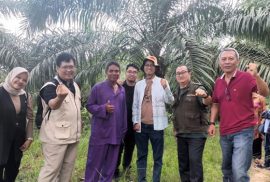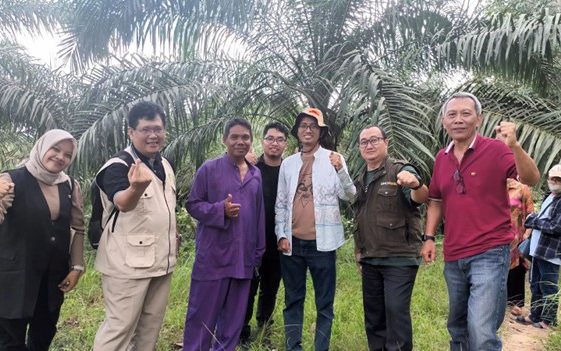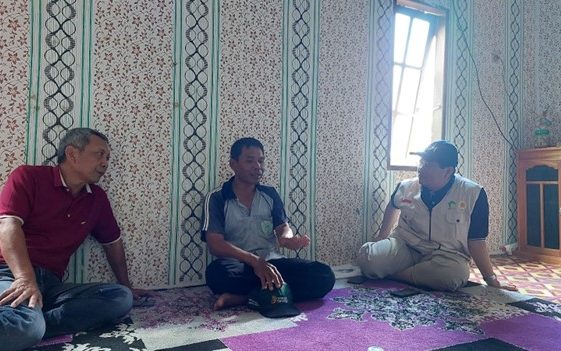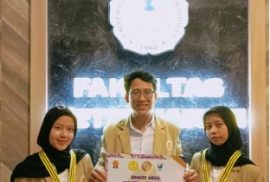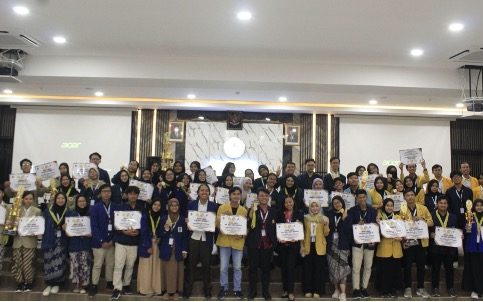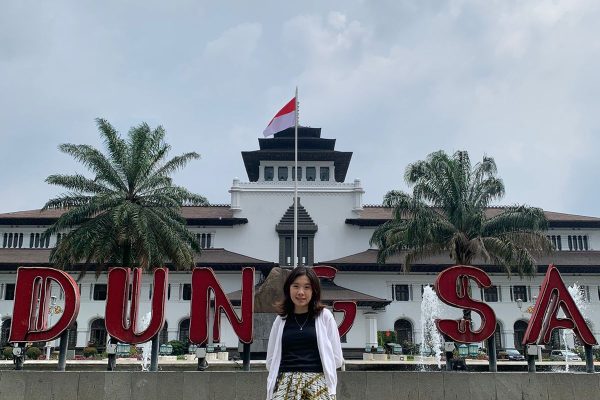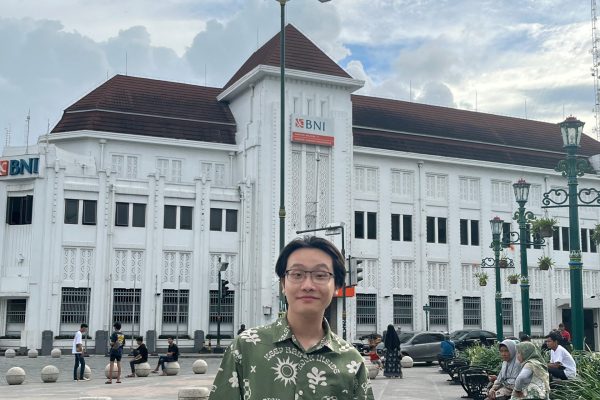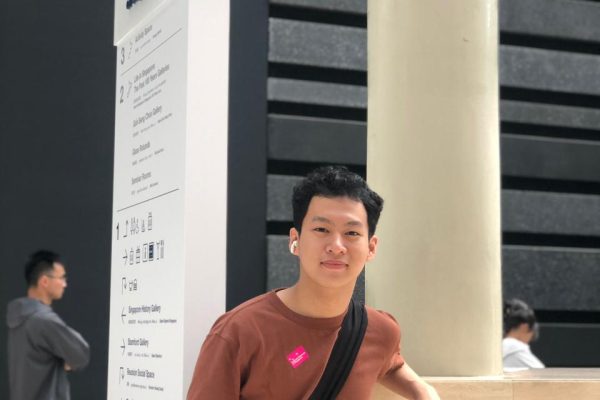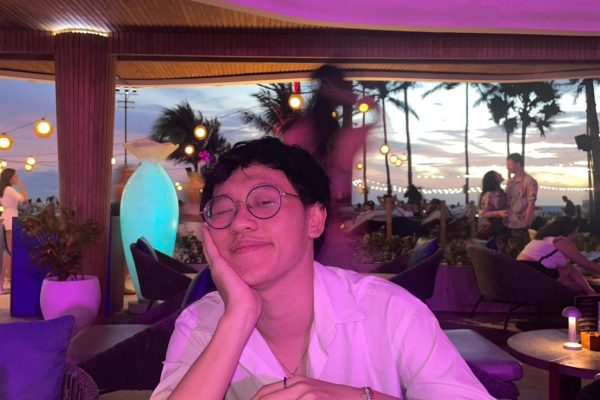SDGs
The competition involved several stages, including proposal submission, preparation for presentation, and presentations before a panel of judges.
A total of four students from the UGM Faculty of Biology had the opportunity to be accepted into the Indonesian International Student Mobility (IISMA) program in 2024. They are Abigail Yemima (Class of 2021) who was accepted at the University of Glasgow, Felix Luman Shanahan (IUP Class of 2022) who will study at the University of Groningen, Maxmillian Melvin (IUP Class of 2022) at the University of Pennsylvania, and Tan Rendy (Class of 2022) who will be having the opportunity to study at the University of British Columbia.
Abigail Yemima expressed her gratitude for being accepted into the IISMA program. At first she didn’t feel confident and wasn’t sure she would be accepted. But her efforts paid off. “I felt that this was a kickstart into a brand new chapter of my life and opened the door to many new opportunities,” said Abigail. She is very grateful and excited to have been accepted at the University of Glasgow and will make the most of it. The University of Glasgow itself is a top university offering a variety of courses, ranging from STEM to Arts and Humanities, which supports interdisciplinarity for exchange students alike. Being a member of the Russell Group, the University of Glasgow also focuses on research allowing me to connect with researchers and educators with similar interests. “I have high hopes that the supplementary courses I take and my effort to expand my network will lay the groundwork for a post-graduate degree or my career in the future”, she hopes.
Meanwhile, Tan Rendy stated that months of preparation had finally paid off when he received the announcement. Being an IISMA awardee, it definitely still feels surreal as well as exciting. “My huge gratitude to myself and those who have supported me to reach this point. One down, more to go!”, he said. For him University of British Columbia is special. Actually, it was not even on his list. But once he got to its page and did more research, he just knew what he was looking for. University of British Columbia is the one.
Maxmillian Melvin also expressed his joy and honor at being selected as one of the IISMA participants. Max, his nickname, is excited to meet and collaborate with other colleagues and experience new things abroad. “I chose University of Pennsylvania because of its renowned reputation in research which offers a ton of opportunities and resources. Furthermore, University of Pennsylvania has a diverse community that fosters innovation and interdisciplinary learning,” he said firmly.
Furthermore, Felix Luman Shanahan firmly stated that the University of Groningen was his choice. “I opted for the University of Groningen as my choice for IISMA because of its renowned reputation in economics and business studies. I have a goal to establish a sustainable biology-based business in the future, and I believe that the knowledge and skills I acquire at the University of Groningen will assist me in achieving this goal”, said Felix. According to him, apart from excellent economics and business programs, the University of Groningen has a large international student community which offers excellent opportunities to expand your network and connect with people from all over the world. “I am extremely grateful and thrilled to become an IISMA awardee, and I would like to extend my heartfelt gratitude to everyone who has supported me on this journey— my friends, lecturers, and my family”, he concluded.
Congratulations to the students receiving the Indonesian International Student Mobility (IISMA) program in 2024! Hopefully this program will further increase student experience and knowledge specifically and can support the achievement of point 4 of the SDGs related to Quality Education.

